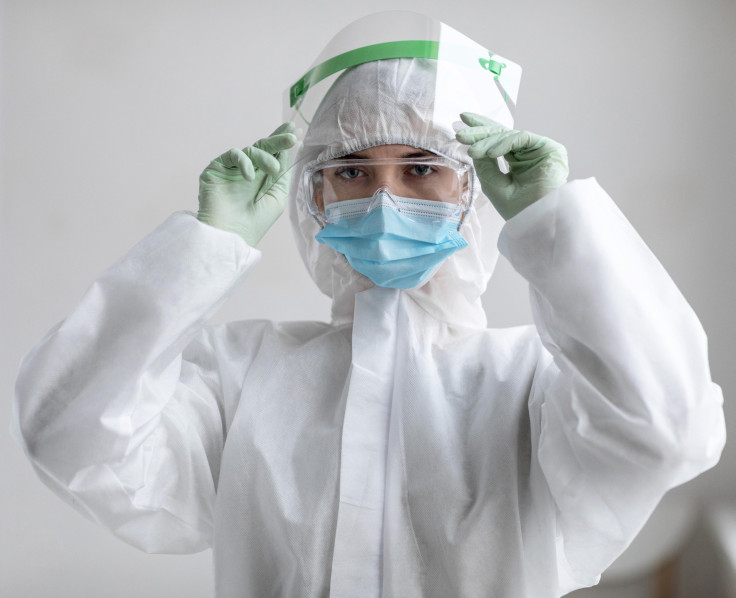Indian Teen Dies From Nipah Virus: Know About Deadly Infection With No Vaccine, Cure

Health officials in India's southern state of Kerala have issued an alert of an outbreak of the Nipah virus after a 14-year-old boy from the state died from the highly fatal infection.
Nipah is a zoonotic virus commonly found in fruit bats that gets transmitted to humans and other animals, such as pigs, through close contact or body fluids from infected creatures. Notably, Nipah can also be transmitted directly from person to person via contact with the bodily fluids of infected individuals.
Once contracted, the infection can lead to severe complications, including acute respiratory infection and fatal encephalitis. With no available vaccine or cure, the World Health Organization has classified Nipah as a priority pathogen due to its high potential to cause an epidemic.
The infected boy, who had been showing symptoms for about 10 days, tragically died Sunday from a cardiac arrest while undergoing treatment at a hospital. In response to the outbreak, officials have identified 60 individuals who were close contacts of the boy as being in the high-risk category for potential infection.
In a similar outbreak of the infection in 2018, 17 people died in the state. The resurgence of the virus has prompted officials to implement strict containment measures, as the infection has a fatality rate of around 40 to 75% and has the potential to spark a new pandemic.
Signs of infection:
The signs of infection from Nipah virus may appear within three days to two weeks after exposure. The initial symptoms include fever, headache, cough, sore throat, vomiting, and difficulty breathing. When the disease progresses, the patient may develop disorientation, drowsiness, confusion, seizures, and coma. In individuals who recover from the infection, there have been reports of seizures and personality changes.
Prevention:
If Nipah virus is detected in animals, the WHO advises immediate quarantine of the affected premises. To prevent transmission to humans, culling infected animals and ensuring their carcasses are buried or incinerated with strict protocols is crucial. Additionally, restricting or banning the movement of animals from infected farms plays a vital role in containing the disease and stopping its spread.
To curb human-to-human transmission of the virus, it is essential to avoid close, unprotected physical contact with infected individuals. Regular handwashing after caring for or visiting sick people is also crucial in preventing the spread. The healthcare providers are advised to wear protective gowns, gloves, eye protection, and a N95 respirator while handling suspected patients.
Published by Medicaldaily.com



























